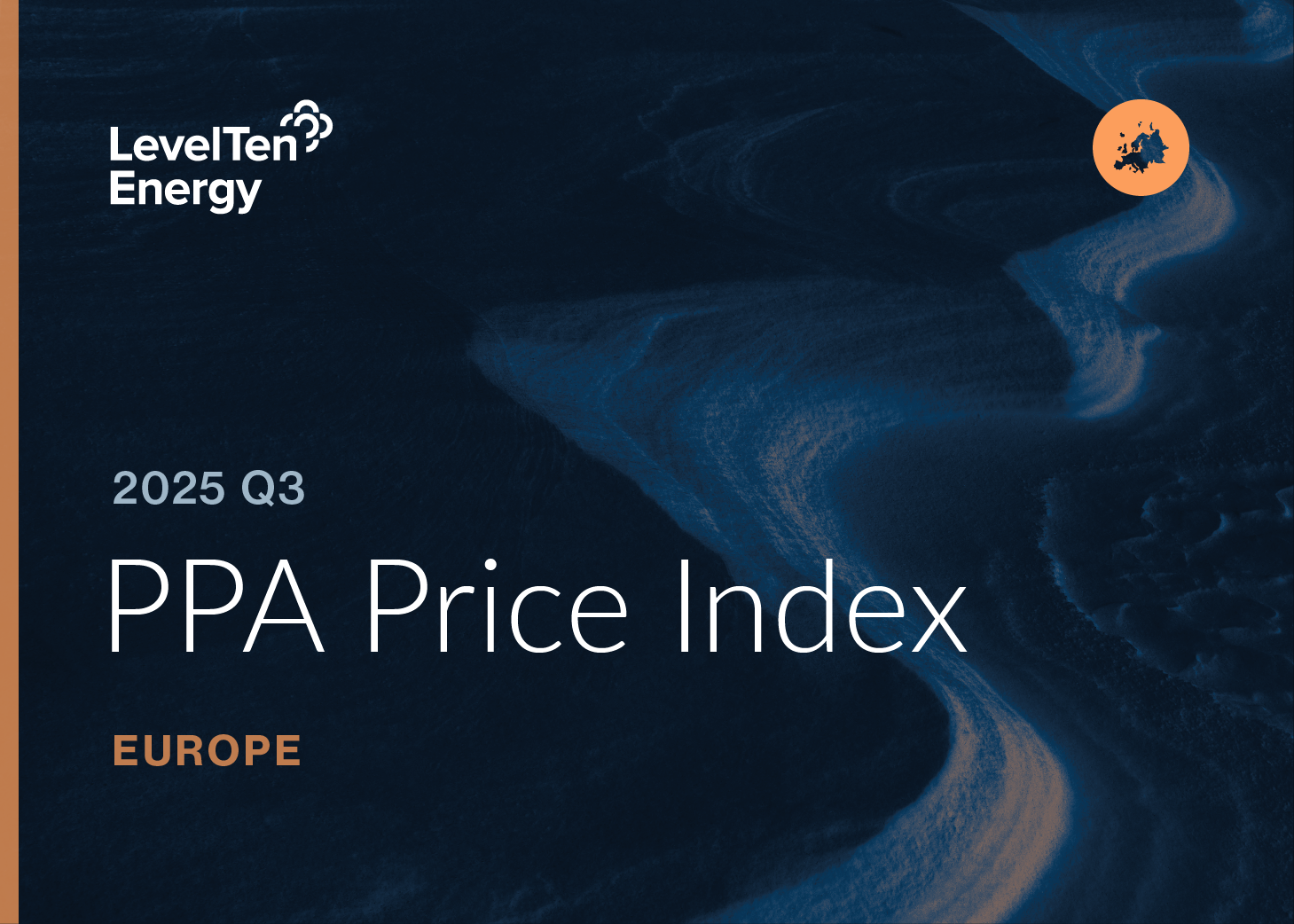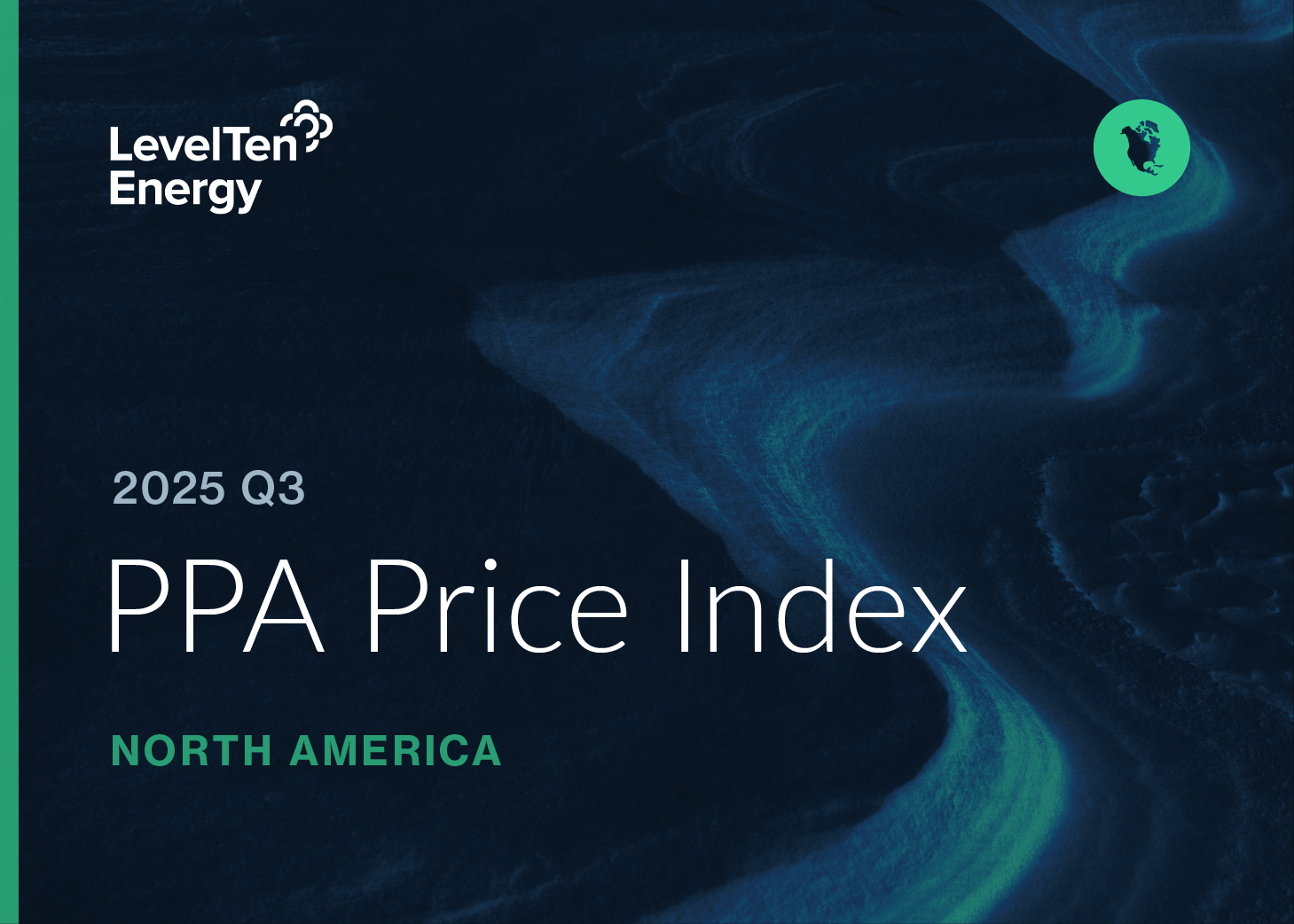Today we announced the promotion of Christin Camacho to Vice President of Marketing. Christin has been at the company for almost three years, and prior to that, she held marketing and communications positions at Redfin, the technology-powered real estate brokerage, as well as prominent public relations agencies. We sat down with Christin to get her perspective on the challenges and opportunities for marketing in the renewable energy industry, and how others can enter the space.
What role can corporate marketing leaders play in addressing climate change?
Getting to net zero is going to require drastic changes to the way we design, package, distribute, purchase and consume products, which means marketing leaders have a huge role to play. It’s great to see major brands supporting concepts like Loop, which delivers products like soap, cereal and ice cream in durable, returnable packaging. This is the direction we need to head in, but not all consumers are ready and willing to change.
The challenge for marketers is not only to help make their products more sustainable, but also to be agents of change. Consumers must see the value in choosing products with reusable packaging, locally-sourced inputs, or manufactured using wind power. “Eco-friendly” can no longer be associated with “more expensive,” “less effective” or “weird.” We need to inspire action without resorting to images of polar bears on melting glaciers, which pulls on your heartstrings for a minute but doesn’t stop you from mindlessly purchasing the same paper towels you’ve always purchased.
How can corporations talk about their sustainability commitments and actions in a way that stands out?
Building a relationship with a customer is kind of like building a relationship with a spouse: It takes authenticity, good communication, and a little vulnerability. The first step is to take real, substantive steps to reduce your emissions, like entering into a power purchase agreement that will bring a new wind or solar project onto the grid. Then you can have an honest conversation about what you’re doing to become more sustainable, how far you have to go, and the challenges you’re facing.
Many brands are afraid to talk about the actions they’re taking to become more sustainable, because they’re afraid of being called out for all the other areas where they could improve. But if you’re transparent from the beginning, you can celebrate your successes while acknowledging there’s more work to be done. You can attract supporters, not skeptics.
What are some of the marketing challenges that the renewable energy industry faces?
I see two major challenges. The first is that this industry is very, very complex. To convince a corporation to enter into a power purchase agreement, or a resident to install solar panels on their home, marketing teams have to do a LOT of education. When it comes to regulatory issues, very few families will be arguing over the details of the extremely important but extremely wonky Clean Electricity Performance Program this Thanksgiving. To get more people to take action, whether that’s with their wallet, their ballot or their time, the industry needs more educational content ranging from preschool level to PhD. We need to pair industry experts with talented marketers who know how to tell a good story.
The second challenge our industry faces is apathy. On one side of the spectrum people read the latest IPCC report and think “why bother, this is too hard.” On the other more hopeful, but equally dangerous, side, people think that the government or new technologies will find a way to make all those problems go away, so there’s no need to change their actions now. We need to be optimistic about what renewable energy can accomplish, and realistic about what it can’t. We need to educate people about the real, extremely challenging barriers standing in the way of 24/7 carbon-free energy, while highlighting the solutions coming to market soon that deliver a ray of hope.
You’ve been at the company for 3 years. What keeps you at LevelTen?
I feel like my work really matters. LevelTen is tackling some of the industry’s greatest challenges with the speed and determination of a four year old who was just told he has 10 minutes until bedtime (I have two young kids, these are my references these days). The people here are passionate about their work for all the right reasons. When we facilitate a power purchase agreement, we celebrate. Not just because it gets us closer to our sales target, but because it’s going to lead to the construction of a new, massive clean energy project. And that’s what we’re here for.
What has been your best day at work so far and why?
We’ve had some pretty fun holiday parties, but I’d say the best day so far was about a month ago, when we secured $35 million in a Series C round, bringing our total funding to over $62 million. The investment came from nearly all of our existing investors, as well as Google, NGP ETP, and My Climate Journey (MCJ) Collective. With this investment, we can expand our team and network, and bring even more solutions to the market that will accelerate renewable energy deals and development. I’ve never been more hopeful and more excited about where this company is headed.
What more can the industry do to advance female leaders and increase diversity?
Sometimes achieving equality in business can feel as lofty a goal as achieving net zero emissions. Most people want it, but the issues are systemic and can’t be solved overnight. That doesn’t mean we shouldn’t try to make inroads. The renewable energy industry, like many, is still dominated by white males. That means when you’re looking for a new employee with industry experience, the applicant pool will be dominated by white males. The only way to break out of this cycle is to be willing to train someone from outside of the industry, and to make sure you’re giving everyone in your company the same leadership opportunities. Put value on new perspectives from outside your bubble.
The longer-term solution is to commit to hiring, at all levels, diverse and female employees, and providing them with the opportunity to lead and communicate in new ways that may differ from what you’re used to. Pay them a salary that more than covers childcare, and give them the flexibility they need to juggle family demands with work.
LevelTen still has progress we need to make, but I’m proud of our leadership team for not only acknowledging that, but also taking concrete steps to improve the situation. One example is the Energy Scholars Program, which we launched with our partners this year. The program equips diverse students with the training, experience, mentoring and network that they need to to get a job in the industry.
What advice would you give to someone trying to enter the renewable energy industry?
Don’t be intimidated about applying to jobs even if you don’t have any renewable energy experience. The reality is that there are not enough people with renewable energy industry experience to meet the demands of this exploding market. That means that there are companies out there that are willing to train you on the industry specifics, if you have the skills they need in the role. They’ll be looking for someone with passion for the mission, and a willingness to learn. Do your research on the company to demonstrate both.
Interested in joining LevelTen? We’re hiring! You can check out our available positions on our Careers page.


.png)



